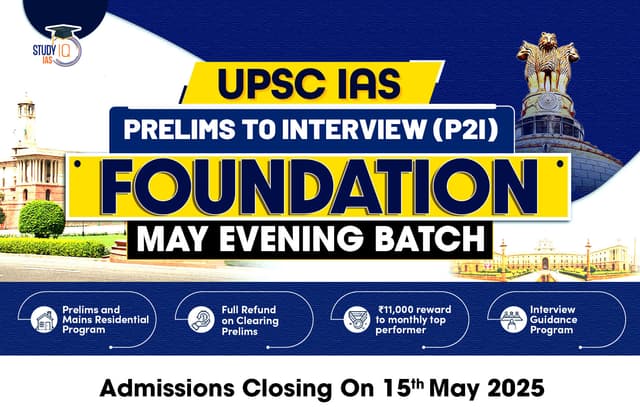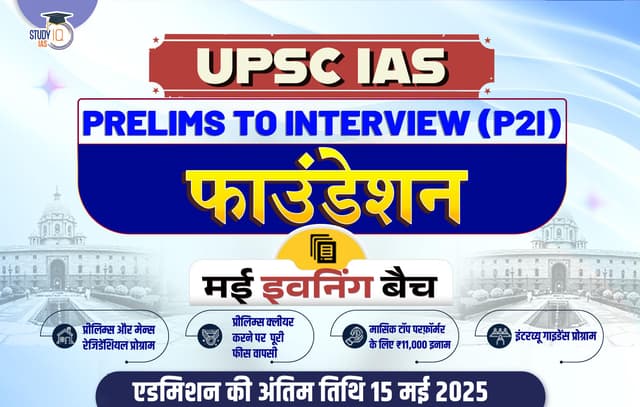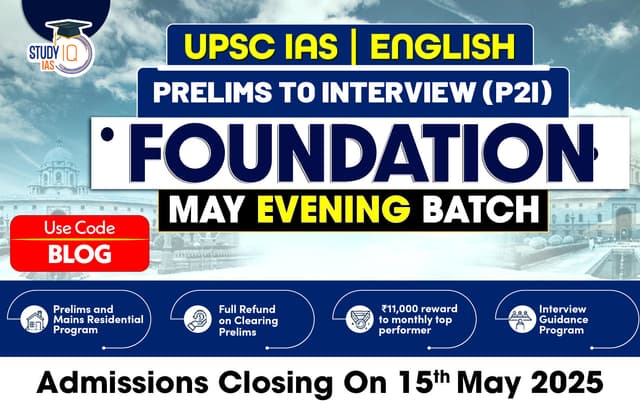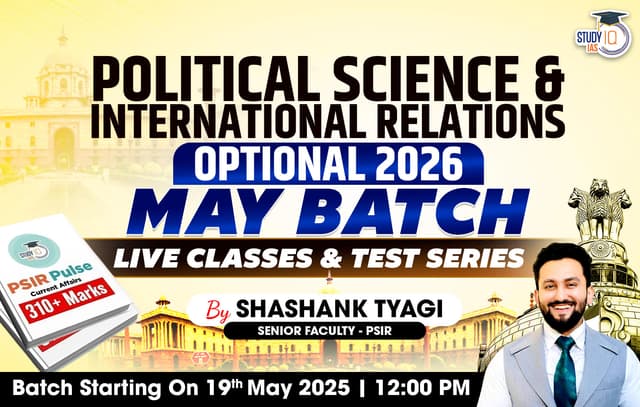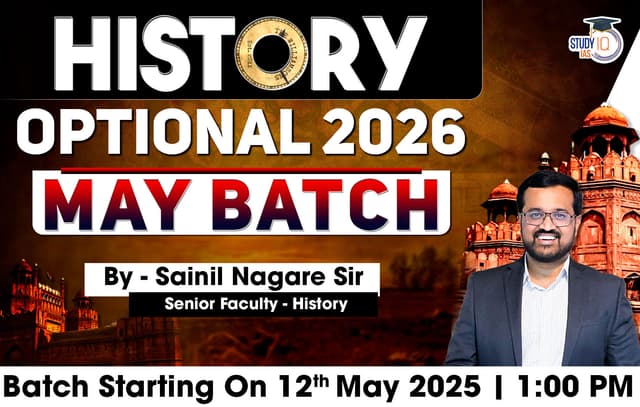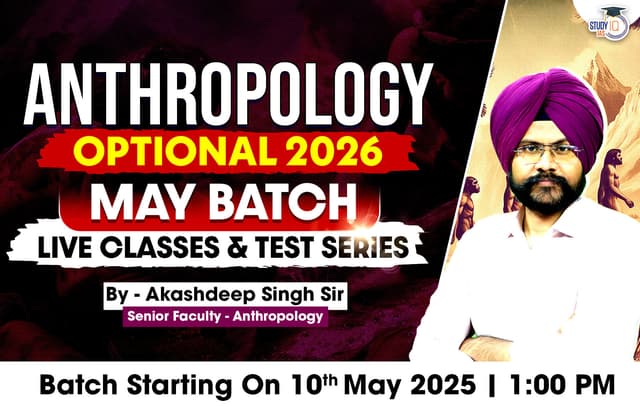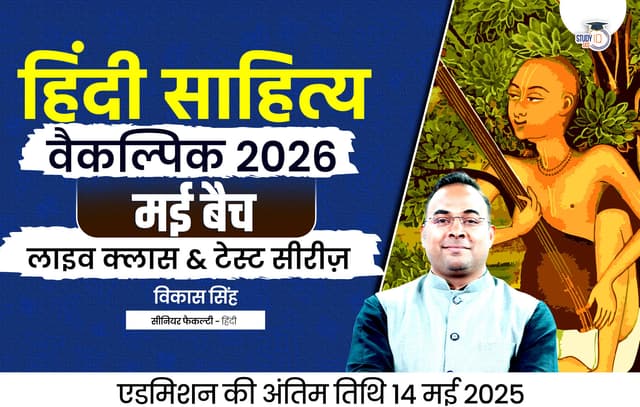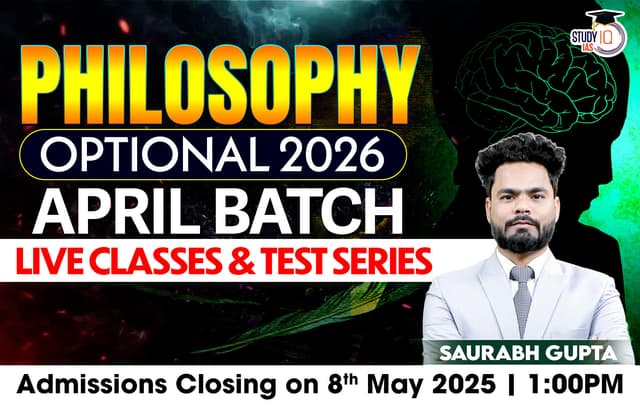Table of Contents
Context:
- Justice Abhijit Gangopadhyay recently resigned as a judge of the Calcutta High Court and joined the Bharatiya Janata Party (BJP).
- The Chief Minister of West Bengal criticised his judgments post-resignation, questioning their impartiality.
Judicial Conduct and Expectations
Bangalore Principles of Judicial Conduct (2002)
- Core Values: Independence, impartiality, integrity, propriety, equality, competence, and diligence.
- Focus: Eliminate bias in decisions and maintain public trust in the judicial system.
- Restrictions:
- Judges cannot make public statements influencing ongoing cases.
- Recusal is mandatory when impartiality is compromised.
- Expected Behaviour: Conduct upholds the dignity and strengthens the image of the judiciary.
| Note: |
Previous Instances
Supreme Court Cases
Opinions on Judges Entering Politics
Effort To Ban Judges Acquiring Executive Position
|
Legal and Ethical Discussions
- Judgeship as a Sacrifice: Becoming a judge often means a significant personal sacrifice for lawyers, as it restricts their freedom and limits personal aspirations due to the necessity of maintaining judicial restraint.
- Despite these sacrifices, judges of constitutional courts enjoy certain powers and privileges not available to others, highlighting a unique aspect of their role.
- Impeachment Process: The Constitution, through Article 217 and Article 124(4), specifies that impeachment by Parliament is the sole method for removing a judge, a process known to be complex and rarely successful.
- High Court’s Authority: Article 215 grants High Courts the status of a court of record, with the power to enforce contempt of court, further emphasising the judiciary’s authority.
We’re now on WhatsApp. Click to Join
Opportunity for Judicial Reform
- This incident presents an opportunity for the Chief Justice of India and the Supreme Court to address judicial aberrations and reinforce ethical standards.
- There’s a call for the Supreme Court to explicitly forbid judges from engaging in politics post-resignation, aligning with the oath of office and global judicial conduct norms.
- The necessity for judge-made law on this issue is highlighted, given the unlikely action from Parliament on judicial conduct reform.

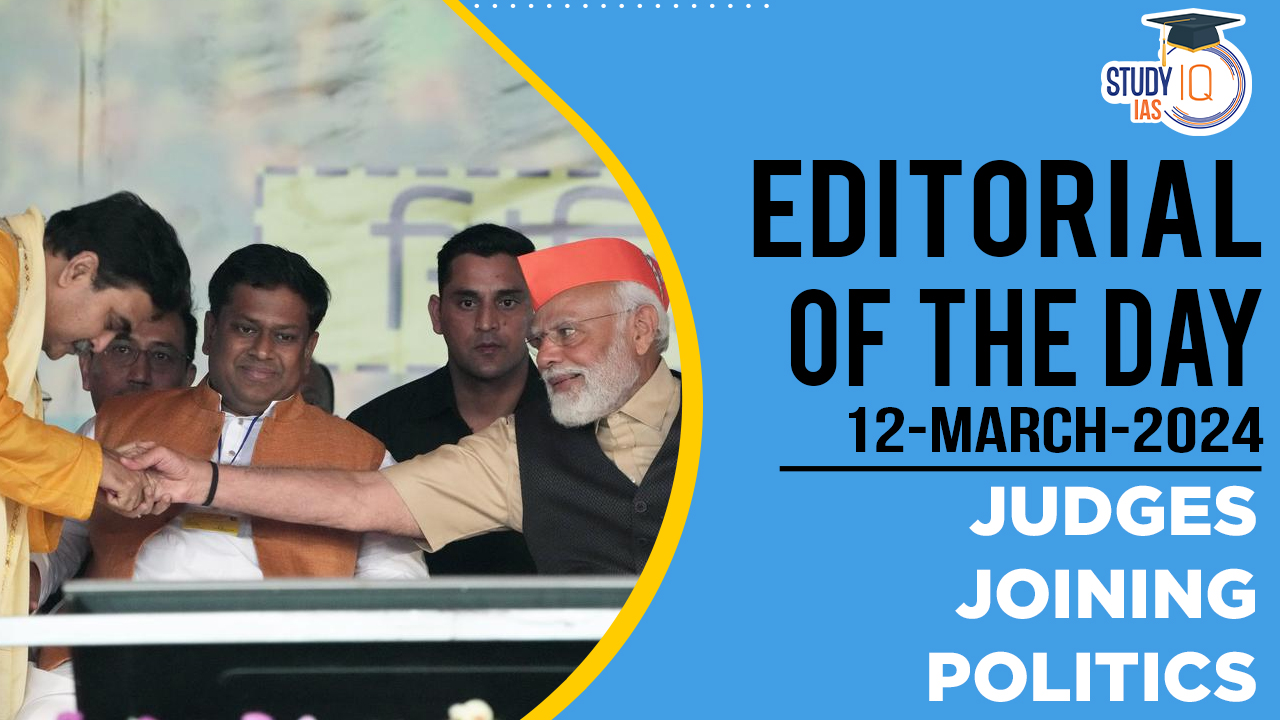
 Total Fertility Rate in India Remains Co...
Total Fertility Rate in India Remains Co...
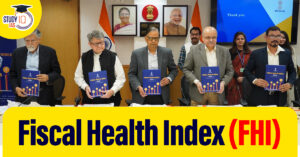 Fiscal Health Index (FHI) 2025 Report, C...
Fiscal Health Index (FHI) 2025 Report, C...
 Buddha Purnima 2025, History, Significan...
Buddha Purnima 2025, History, Significan...

